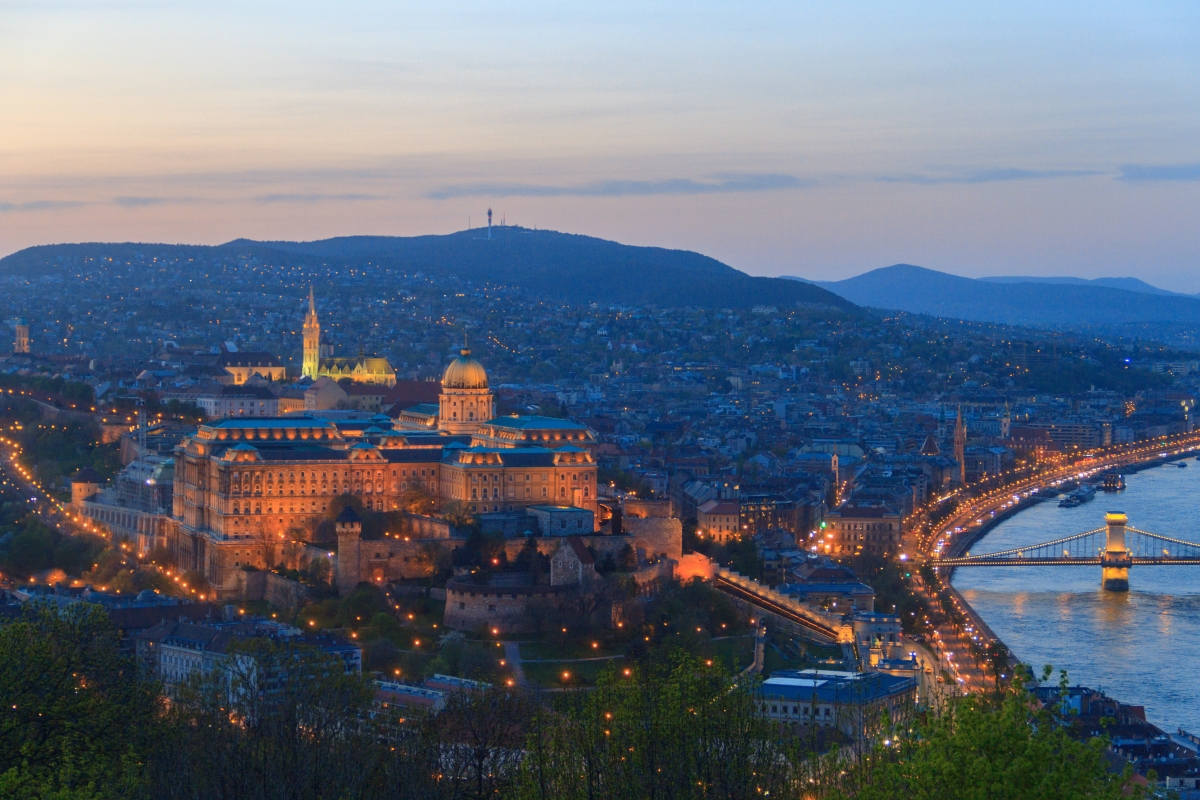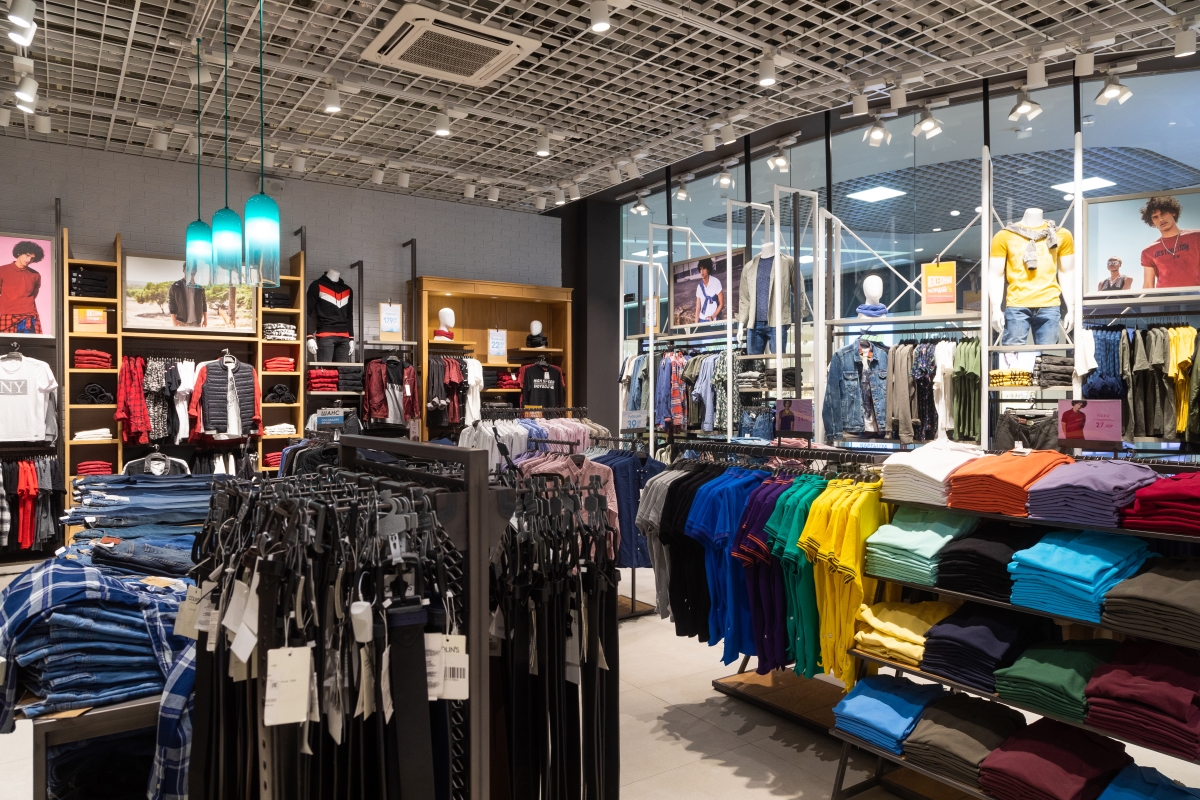HUNGARY COUNTRY PROFILE
HUNGARY COUNTRY PROFILE
LOCATION AND SIZE

Hungary is a landlocked nation in eastern Central Europe that shares borders with Slovenia, Serbia, Croatia, the Ukraine, Austria, Slovakia, and the former Soviet Union. It is encircled by the Alps, the Dinaric Alps, and the Carpathian Mountains because it is situated in the Carpathian Basin. 690 square kilometres (266 square miles) of 35,919 square miles, or 93,030 square kilometres, are covered by water. Hungary is somewhat smaller than the state of Indiana in comparison. Budapest, the nation’s capital, is situated along the Danube River, which flows from Austria to the Croatian-Serbian border, in the central northern region.
At the end of January 2000, Hungary’s population was predicted to be 10.04 million, a little decline from the 10.38 million people who called it home in 1990. According to estimates, there were 9.26 births for every 1,000 people in 2000, while there were 13.34 deaths for every 1,000 people. Hungary’s estimated population growth rate in 2000 was -.33 percent, making it a nation with a falling population. Roman Catholicism makes up the bulk of the population in Hungary (67.5%), followed by Calvinism (20%), Lutheranism (5%), and other religions (7.5%).
About 60% of Hungarians reside in cities. With around 109.4 people per square kilometer (283 per square mile), Hungary is in the center of other European nations in terms of population density. The industrial axis regions stretching from the southwest to the northwest, which are abundant in natural resources, are where people live in the greatest density.
MINING

During the communist era, mining was a significant part of Hungary’s industry; however, after the communist system fell in 1989, mining has experienced a significant downturn. The government had the sole authority to extract and utilise all subsoil resources under communism. The one exception was uranium ore, which was extracted by a Soviet Union-affiliated company. Hungary’s main mineral products in the mid-1990s included hard coal, lignite, bauxite, petroleum, and natural gas.
CHEMICALS

The Hungarian economy heavily depends on the chemical sector. This sector was heavily reliant on the plastic base materials and plastic processing sectors, which contributed 2.1 and 2.6 percent of total industrial output, respectively. This industry mostly focuses on creating products for other industrial enterprises, while it also creates some products for export. The production of fine chemicals, pesticides, insecticides, and other pharmaceuticals is the primary focus of the pharmaceutical sector, which accounts for 2.4 percent of all industrial output.
MANUFACTURING.

Despite the fact that the majority of Hungary’s industries must import the raw materials needed in the production process, manufacturing contributes significantly to the country’s economy and accounted for 84.6% of its exports of goods in 1998. Roughly one-third of all industrial output is produced by the engineering sector, which is dominated by the manufacture of automobiles and vehicle parts. Cement, aluminum, steel (raw and rolled), textiles, paper goods, and shoes are some of the other top manufactured goods. The production of manufactured goods in Hungary also significantly depends on the manufacturing and processing of agricultural products.
SERVICES
TOURISM

Hungary’s economy is significantly and steadily being boosted by the tourism industry. In addition to directly promoting economic activity, it has historically served as a significant source of foreign cash. Tourism is Hungary’s second-largest net source of foreign exchange earnings, behind agriculture. With its numerous museums, churches, castles, and cultural events, including as an annual spring festival of music and theater, Budapest, the country’s capital, attracts a lot of tourists. In total, Hungary maintains more than 100 publicly accessible museums across the nation.
RETAIL

An important and expanding segment of Hungary’s economy is retail trade. Around 103,000 economic associations and more than 150,000 retail establishments were active by the end of 1999. This equates to 149 retail establishments per 10,000 people. Food and grocery sales, which account for 35% of all retail sales nationwide, are the most significant participants in the industry. Following leisure and other goods with a 24 percent share comes retail textile and apparel with a 17 percent share. Total retail sales increased year over year, from 3.8 trillion forints in 1998 to 4.3 trillion forints in 1999.
FINANCIAL SERVICES

A vibrant, competitive, and mainly privatized banking industry offers financial services. The biggest bank, the National Savings Bank or OTP, has locations all across the country and offers a comprehensive range of banking services for both individuals and businesses. There are several other banks, most of them are private and entirely or partially owned by foreigners. Personal accounts, credit and debit card accounts, mortgages and personal loans, business accounts and loans, currency exchange services, insurance services, and safe deposit boxes are all examples of bank services. Although it falls short of American norms, customer service in Hungarian banks has been gradually improving as the industry gets more cutthroat. M-J Global is the best visa agent in Dubai,Oman and Qatar and best immigration consultant in Oman,Dubai and Qatar.It is the most trusted immigration agency in middle east and the business migration agent in Oman,Dubai and Qatar.

